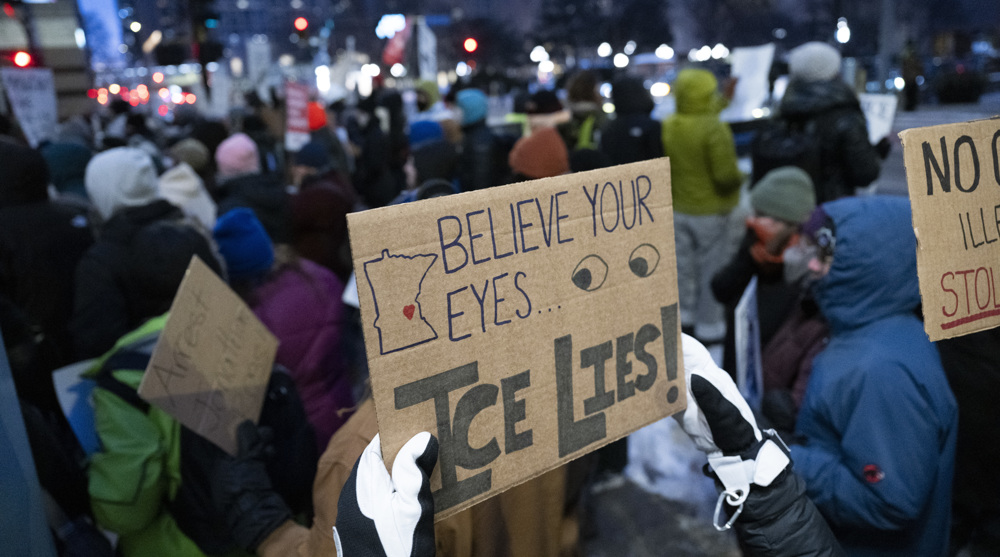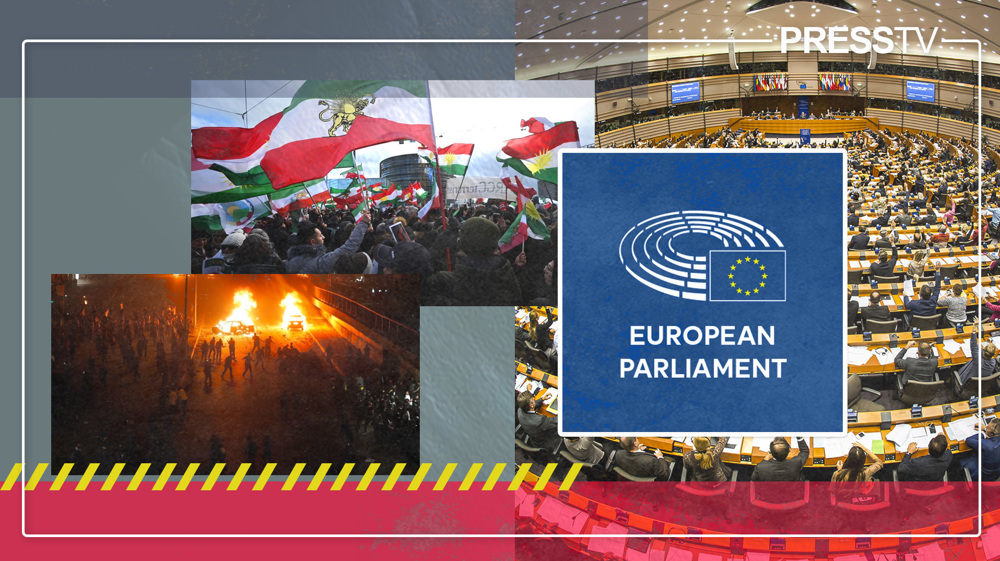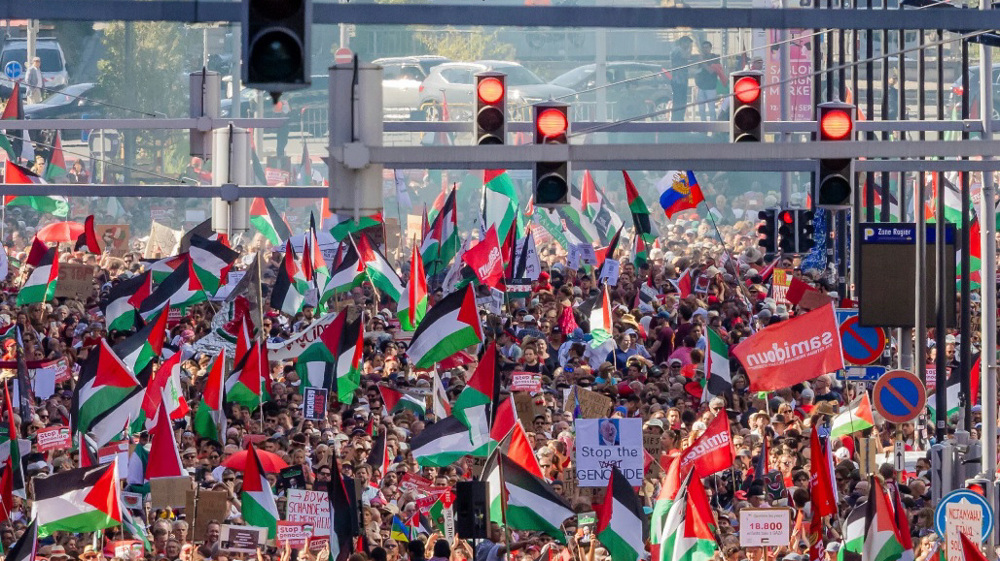Slovenia ratifies law, gives army more powers to stop refugees
The parliament in Slovenia has approved a new law giving the army more powers to guard the country’s border as thousands of asylum seekers flood into the country from neighboring Croatia.
The parliament ratified the legislation early on Wednesday, enabling the soldiers to control the border in the absence of police forces.
The army had already begun protecting the frontier on Monday, but so far only when police were present.
Over 20,000 refugees have crossed into Slovenia from Croatia since Saturday, after Hungary sealed its border with Croatia in a bid to stop the stream of asylum seekers to its own territory.
A tiny EU state with a population of 2 million, Slovenia is wrestling to cope with the influx of refugees. It plans to ask the European Union (EU) later on Wednesday for police backup and financial aid to tackle the arrivals.
“The inflow of migrants over the last three days has exceeded all manageable possibilities,” the Slovenian government said in a Tuesday statement, adding, “The last 24 hours have been the toughest and most demanding since the start of the crisis.”

Over the past weeks, the Balkans and Central Europe have worked to stop the flow of refugees, including many Syrians, Afghans, and Iraqis fleeing war and violence.
Other wealthier European countries, while also being unhappy about the unprecedented number of refugees, have called for measures to integrate them into Europe.
The divisions have only left the asylum seekers frustrated and without shelter.
According to the International Organization for Migration, over 600,000 people fleeing foreign-backed wars, terrorism, and unrest in the Middle East and North Africa have landed on European shores this year after making dangerous sea journeys from Turkey to Greece and across the Mediterranean Sea to Italy. More than 3,000 have died or gone missing trying to reach Europe.
Israeli attacks kill four civilians in Gaza amid ceasefire violations
TikTok blocks Epstein and anti-Trump videos under Trump-aligned ownership
Iran’s president warns of US psychological warfare to disrupt regional security
‘New crime’: Hamas condemns Israel for exhuming hundreds of graves in Gaza
Iraq presidential vote delayed amid Kurdish dispute over candidate
Iraqi groups ready for war in support of Iran despite US threats
CIA establishing foothold in Venezuela after US abduction of Maduro: Report
VIDEO | How Iran defeated the US-Israel regime change OP










 This makes it easy to access the Press TV website
This makes it easy to access the Press TV website